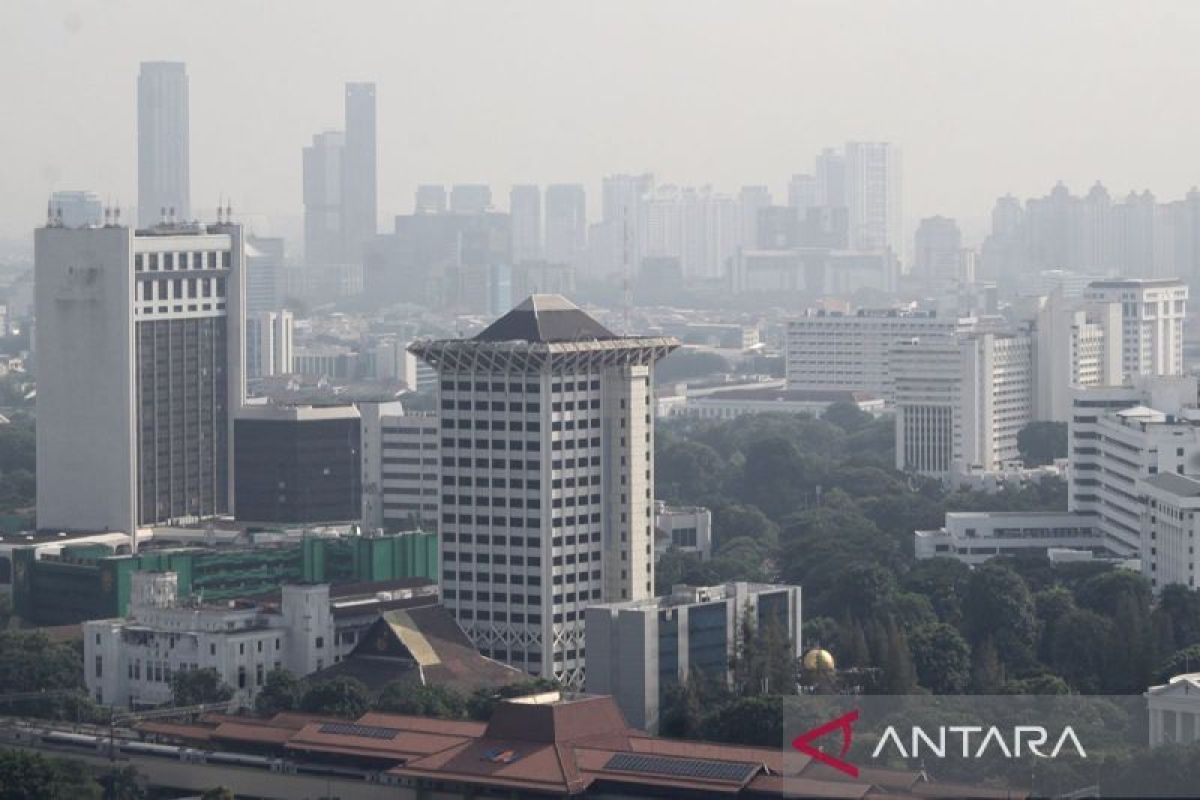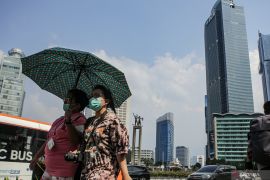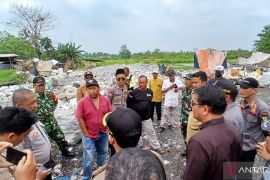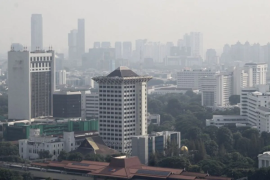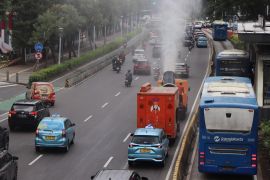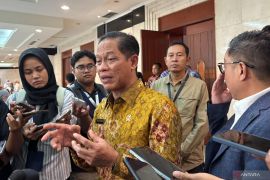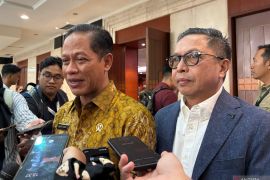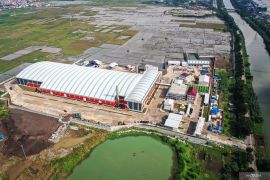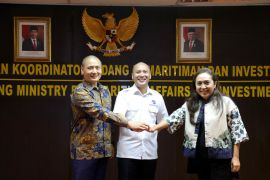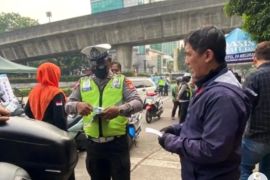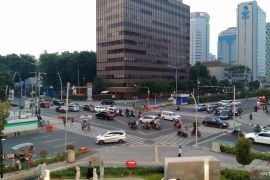"This system will utilize data from air quality monitoring in real time, combined with the weather parameters from the Meteorology, Climatology, and Geophysics Agency (BMKG)," the ministry's Deputy for Pollution and Environmental Damage Control, Rasio Ridho Sani, remarked.
He shared this information during a meeting with Commission XII of the House of Representatives (DPR) in Jakarta on Monday.
He explained that the system is designed to help prevent serious health impacts, especially for vulnerable groups such as children, older adults, pregnant women, and people with respiratory conditions.
The system will be equipped with indicators for the concentration threshold of fine particles (PM2.5), ozone, nitrogen dioxide, and carbon monoxide. If these thresholds are exceeded, the system will automatically alert the local governments, healthcare facilities, and the general public.
Related news: Indonesia strengthens earthquake early warning system
According to the State of Global Air 2023 report, Indonesia is among the world's top 10 countries with the highest exposure to PM2.5, with an annual average of over 30 micrograms per cubic meter, far above the WHO threshold of 5 micrograms per cubic meter.
The Ministry of Environment aims for the early warning system to draw not only from the national Air Quality Monitoring System (AQMS) data but also to be integrated with social media and local digital applications to accelerate information dissemination.
An air quality emergency response protocol will support its implementation, such as carrying out a work-from-home policy, temporarily suspending outdoor activities in schools, and providing masks and clean rooms in public facilities.
Sani stated that the system is part of the national 2025–2030 road map for air pollution mitigation and will serve as an initial model to be replicated in other major cities in the country, such as Surabaya, Bandung, Semarang, and Medan.
The Ministry of Environment hopes that cooperation among ministries, regional governments, and the community will support this system as an early protection tool against the risks of air quality crises in the future.
Related news: Environment Ministry strives to keep air pollution in check
Translator: M Riezko, Raka Adji
Editor: Yuni Arisandy Sinaga
Copyright © ANTARA 2025
